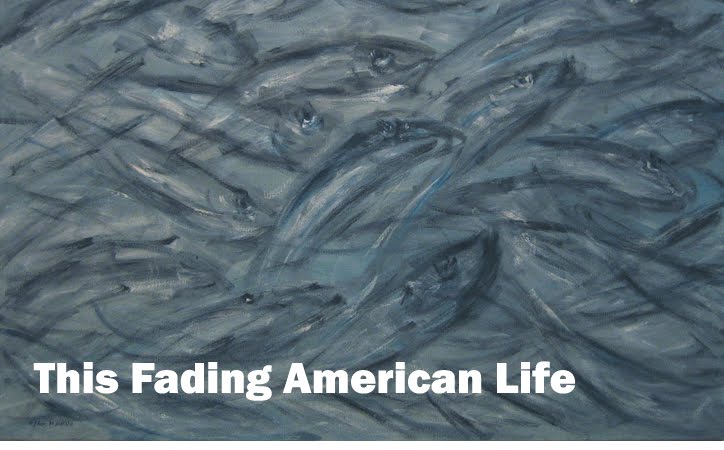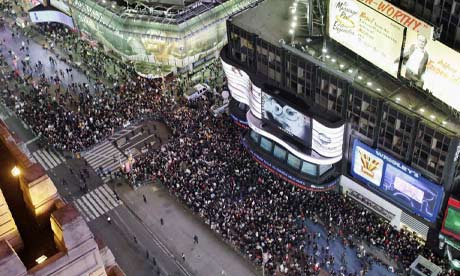Due to the democratic nature the movement, it is inevitable that there have been many ideas floating about without a central core but it is indeed high time for ideas and organizations to congeal and make a clear, reasonable and executable demand.
As this nation is in a crucial juncture, it is disheartening to see that President Obama once again, sits on his hands, and let the so called congressional super committee to come up of a scheme to cut the deficit and put it for a vote in the congress; and if the plan failed to pass, an automatic drastic budgetary cut would be enforced. How brilliant this idea is. Since the result of failing to pass any plan the "Super Committee" might put forth is a large budget cut, the Republicans - who have been calling to starve the beast (government) for decades - have all the incentives not to pass any plan.
Since the ill conceived and all powerful "Super Committee" is to dictate the direction of the nation for a long time to come, it is vital for the "Occupy Wall Street" to demand to scrap such "Super Committee". I call it "ill conceived" because it didn't demand an automatic tax increase on certain group (along side with some large budgetary cuts), therefore creating a balanced incentives for both leading political parties to reach an agreement.
Without that threat of automatic tax increases, it is a good bet that the consequence of any plan from such "Super Committee", or the failure to pass such plan, would only exacerbate the bottom 90% or 99% of the population, meanwhile protecting those on top, sitting on piles of gold and refusing to lift a finger to help the underprivileged and the nation they claim that they love, and the nation has done so much for them - deregulation and tax cuts after tax cuts and still more to come.
To replace such an ill-conceived super committee, the movement of Occupy Wall Street ought to demand a new committee, seating people from all economic spectrum, in proportion to the demographics, so as to come up with a plan to reduce deficit and correct the income inequality, and then put the plan to a national referendum, instead of a congressional horse trading.
President Obama, it's high time for you to lead and please lend your support to Occupy Wall Street.

Domesticity © Matthew Felix Sun
Note: Below is National Public Radio (NPR)'s summary of the Super Committee:
How Super Is The Deficit-Cutting Committee? Twelve lawmakers. More than $1 trillion to shave off the deficit. One Thanksgiving deadline. Can they do it?
The debt-ceiling deal struck this summer created a panel of six Republicans and six Democrats — dubbed the "supercommittee" — to find ways to reduce the deficit. If they can't, "sequestration" — a slew of automatic spending cuts — kicks in. While there are high hopes in Washington for the committee's success, skeptics have trouble seeing how the chosen lawmakers will navigate around the main sticking points: Democrats seem set on protecting Medicare and Medicaid and see increasing revenues as essential. Republicans would prefer to lower taxes if anything and want to make cuts to the big entitlement programs.






